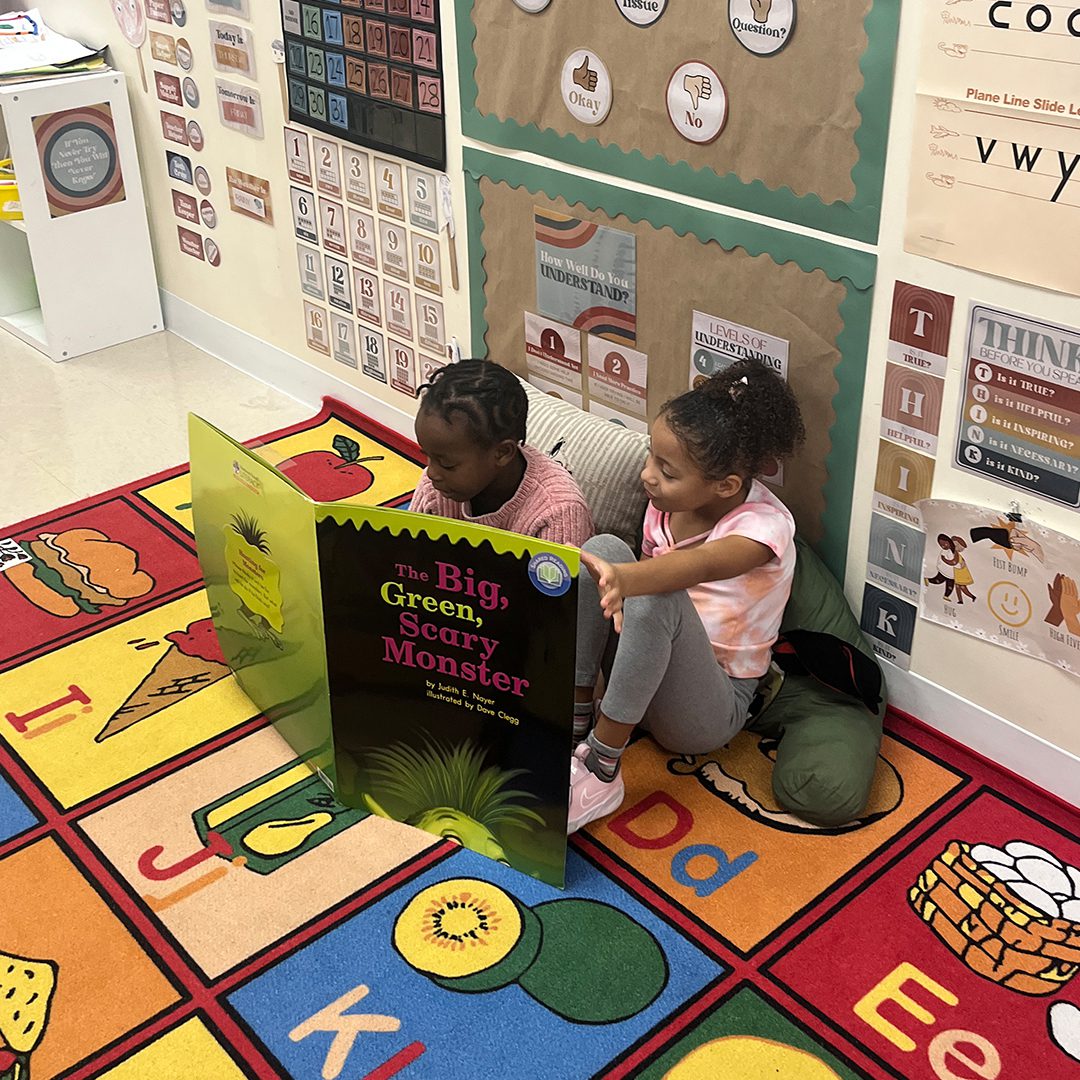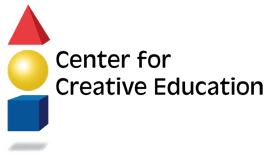Thank you for your interest in supporting Center for Creative Education and The Foundations School!
Below, you can find the answer to some frequently asked questions regarding funding needs and expenses. If you have further questions, please contact Chief Advancement Officer Jonathon Ortiz-Smykla at 561-805-9927 ext. 106 or jonathono@cceflorida.org.
Which students do you serve?
Center for Creative Education and The Foundations School aim to work with students from underserved communities, who are behind academically, and who are zoned to attend a school that performs poorly on standardized testing. Even though The Foundations School is a private school, 96% of our students qualify for free or reduced lunch. Some families pay as little as $50 per year for their child to attend The Foundations School. CCE makes up the difference through state scholarships and private funding from foundations, corporations, and individuals.
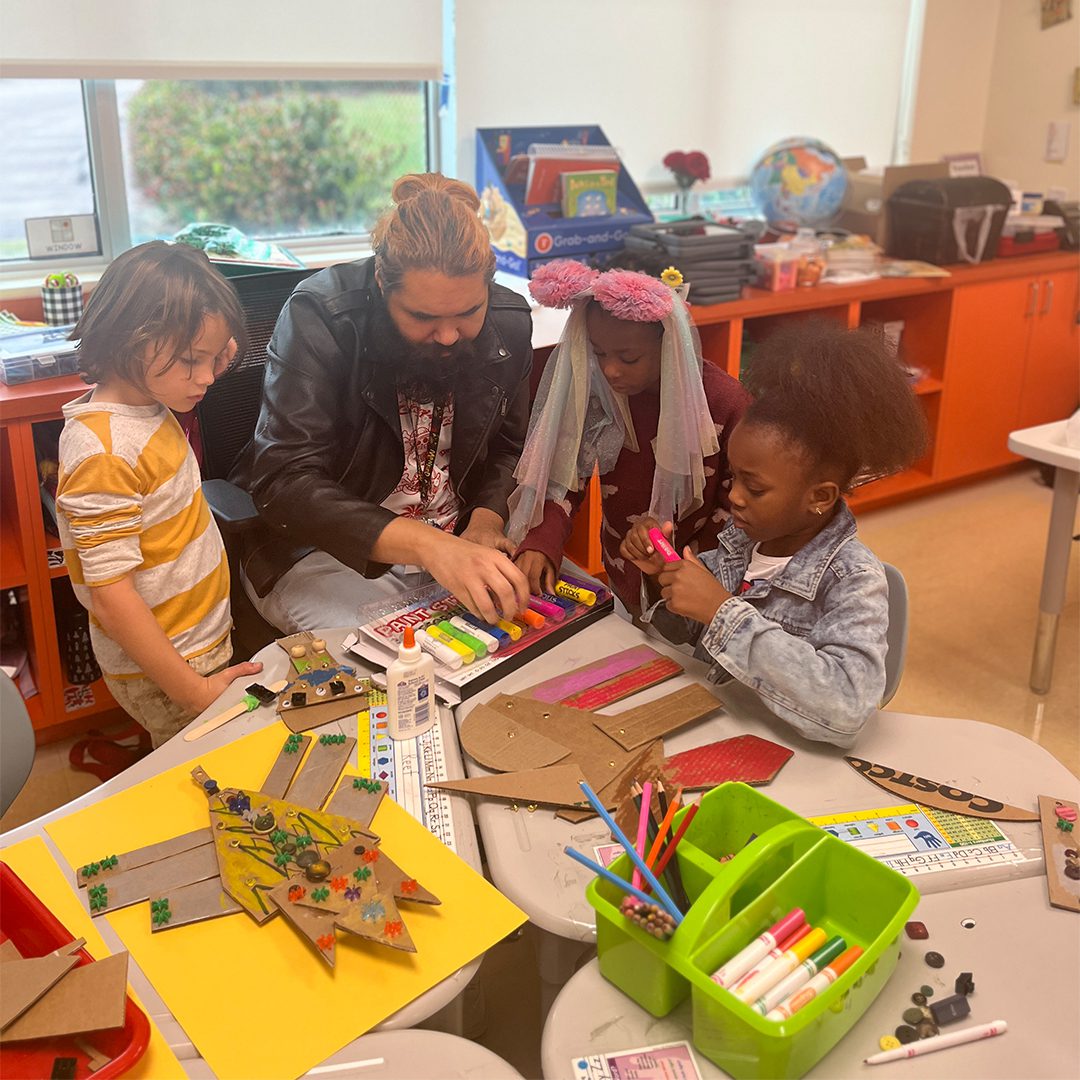
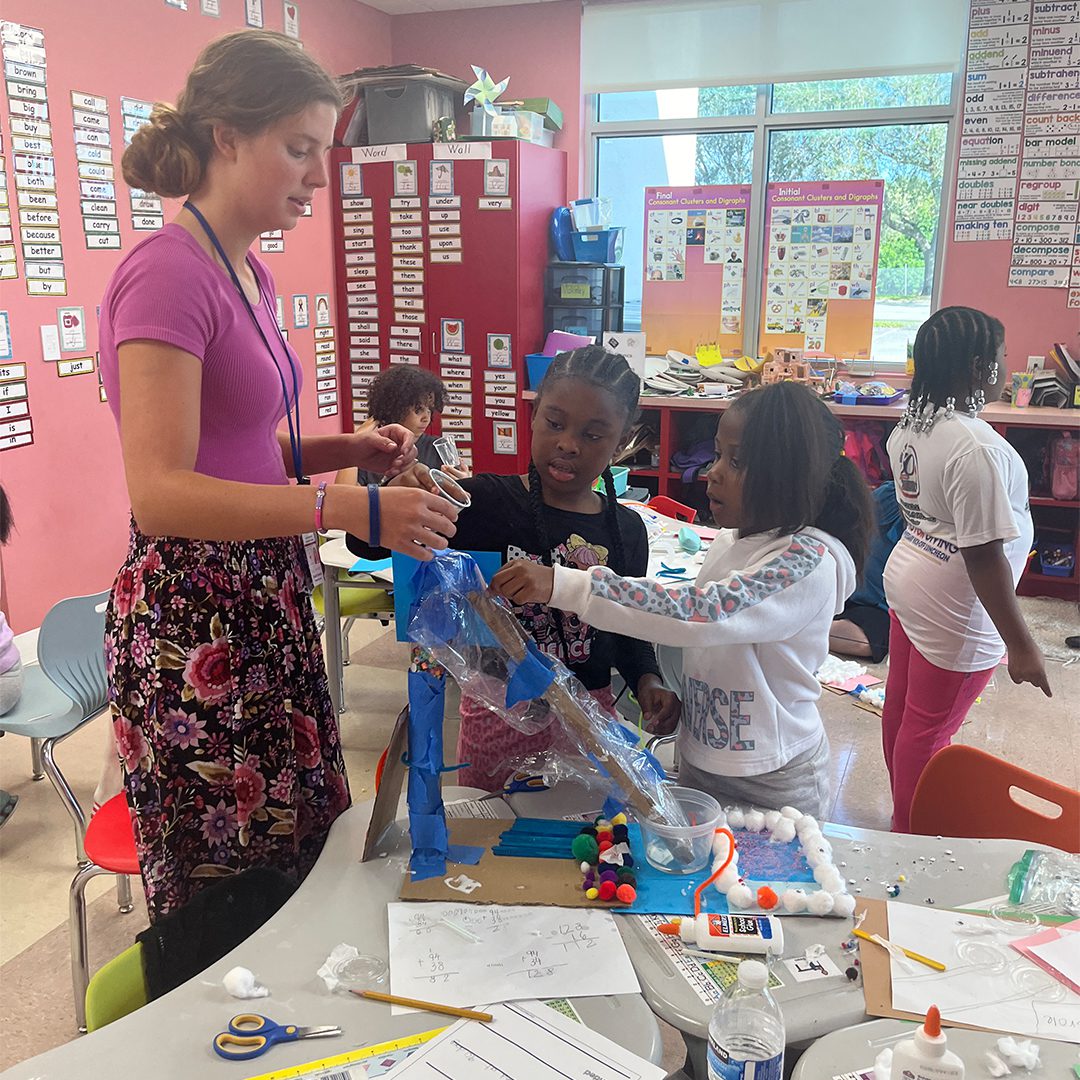
What is a demonstration school? How does The Foundations School meet that definition?
A demonstration school is an educational setting that allows for experimentation, research, and professional development, including the training of future teachers. Center for Creative Education partners with Florida Atlantic University (FAU), Palm Beach State College, and Palm Beach Atlantic University to work with artists and pre-service teachers at The Foundations School. This allows students to learn about our unique approach to teaching and learning before they are managing their own classrooms. We are a demonstration school because our goal with The Foundations School is to create a scalable model for education reform that can be translated into any school.
What is arts integration?
Arts integration is a unique approach to teaching and learning that weaves the arts into academic subjects, enhancing a student's understanding of both topics. We use an arts-integrated approach to teaching and learning at The Foundations School and in our C.A.D.R.E. out-of-school program supported by Prime Time Palm Beach County.
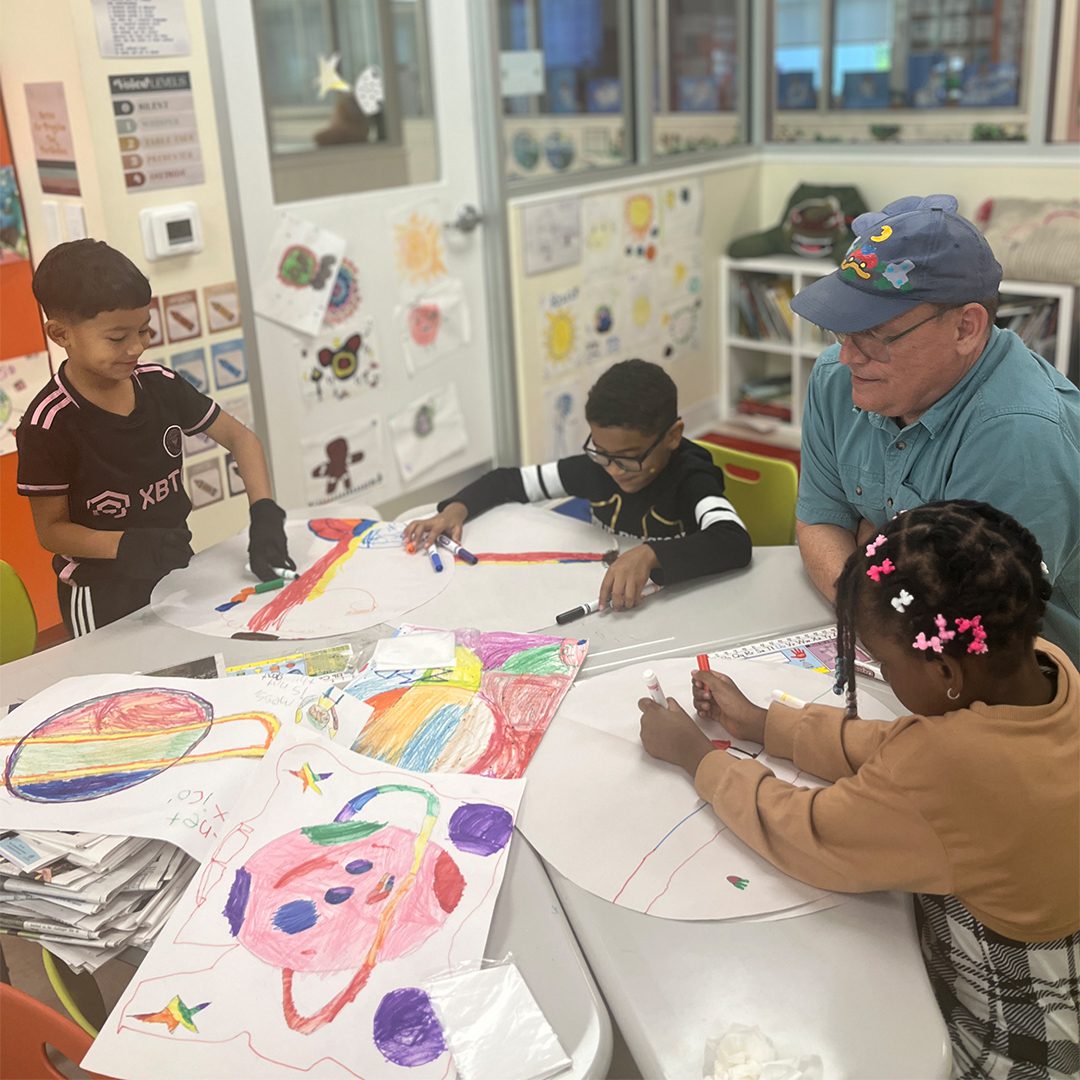

What are the goals of your capital campaign?
In November 2021, we launched a capital campaign to fund our new campus in West Palm Beach. In August 2022, we opened the doors to the first building on our new campus, which houses The Foundations School and CCE administration. Now, we're in Phase 2 of our campaign as seek to fund the Susan and Dom Telesco Arts and Science Center.
Where can I find information about your financials?
We know that the individuals, corporations, and foundations that support us value transparency and want to make sure their gift is meeting the goal of transforming education. Here is a pie chart of our budgeted expenses.
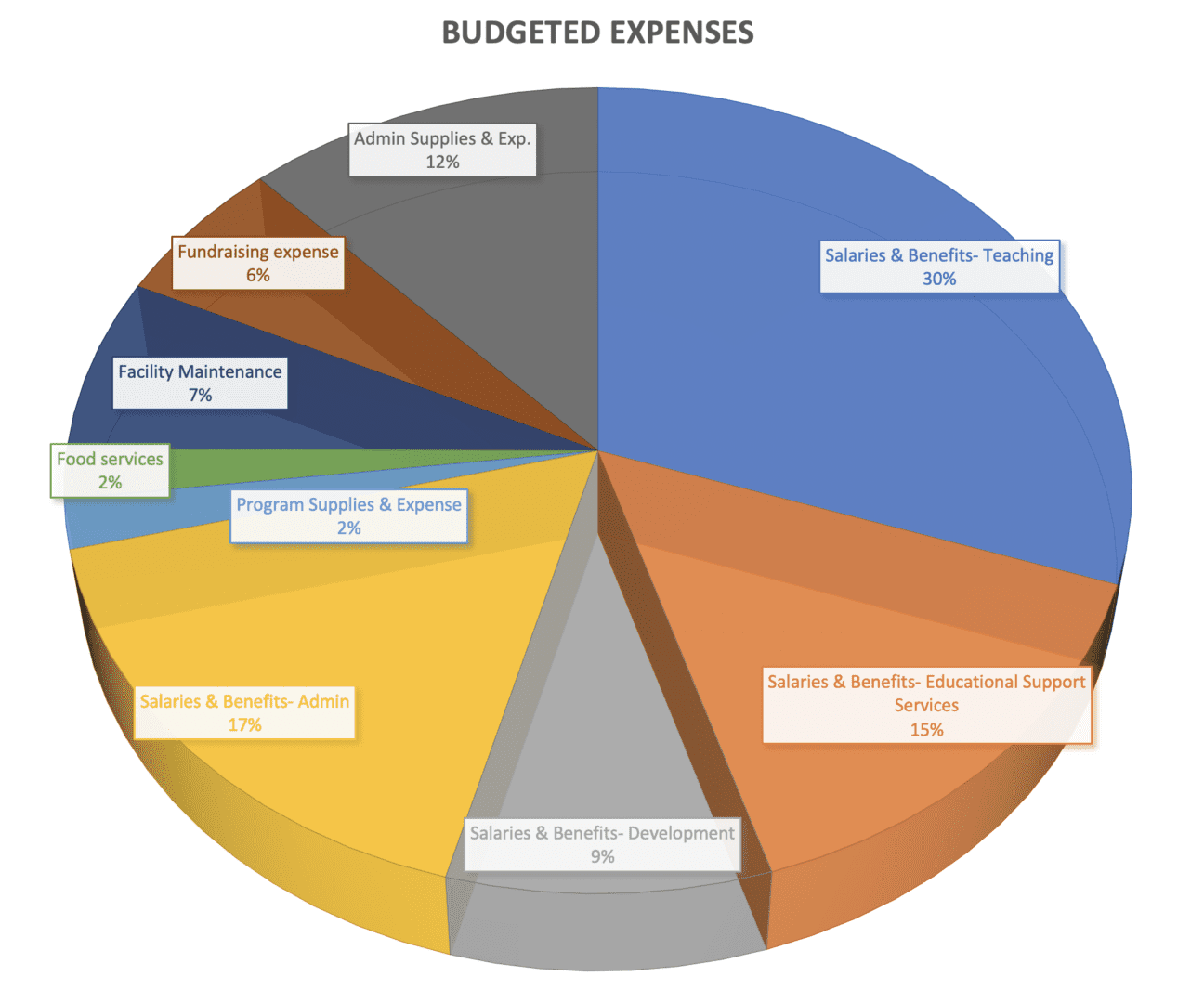
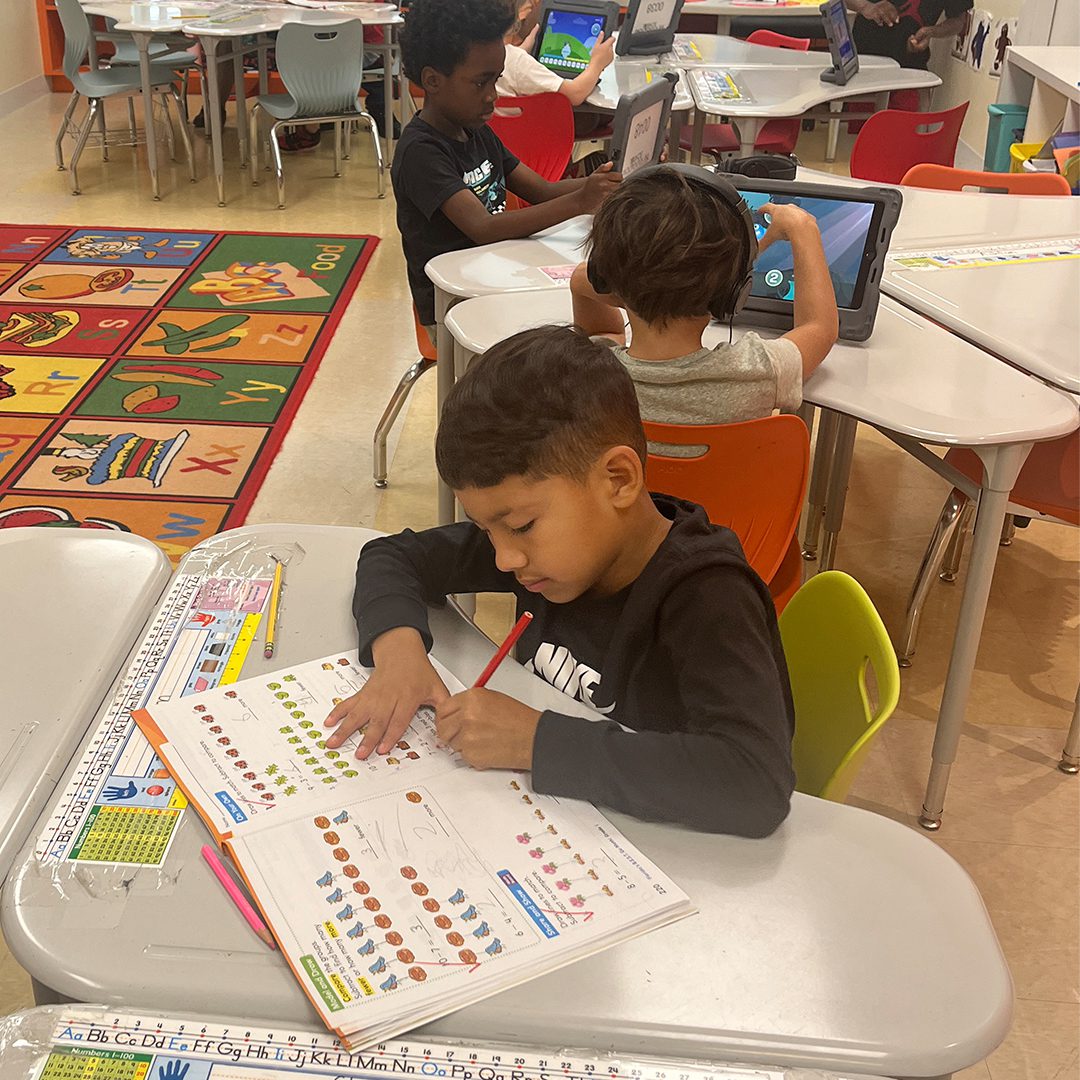
How do you assess student progress?
At The Foundations School, we use regular assessments as a tool to further a child's education. Through our assessments, we're able to gather diverse data on where a student is at throughout the year and tailor small group and individual lessons to that student's needs.
How do you use the Science of Reading?
We recognize the five pillars of early literacy described in the National Reading Panel’s report often referred to as “The Science of Reading." These pillars, Phonemic Awareness, Phonics, Fluency, Vocabulary, and Comprehension, are evident in all our curricula, instructional methodologies, and assessments.
Students have varying learning needs and styles and our highly-qualified teachers and directors have the flexibility to utilize the most appropriate curriculum based on the students’ needs and diagnostic results. TFS follows the research embodied in “The Science of Reading” and meets those five pillars by using the combination of: Wilson Foundations, Fountas and Pinnell, Leveled Literacy Intervention, and Sound Sensible/S.P.I.R.E., depending on the students’ needs and learning styles.
Visit any class on any day and you will observe these methodologies being used in our classrooms: Guided Instruction, Direct Instruction, Differentiation, Small Group, Student-Centered Learning, Project-Based Learning, Cooperative Learning, Personalized Learning, and Arts-Integrated Learning. As of Summer 2024 all teachers will be trained in the Orton-Gillingham method of teaching, adding yet another methodology described in “The Science of Reading.”
